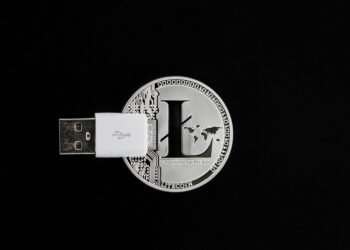The world of finance is undergoing a transformation thanks to the rise of decentralized finance (DeFi). DeFi is a rapidly growing sector within the cryptocurrency industry that aims to eliminate the need for traditional financial intermediaries such as banks and financial institutions.
At its core, DeFi is all about democratizing access to financial services and products by leveraging blockchain technology to create a decentralized, open-source ecosystem. This allows anyone with an internet connection to participate in various financial activities, such as lending, borrowing, trading, and investing, without the need for a middleman.
One of the key benefits of DeFi is its ability to provide greater financial inclusion to individuals who have historically been underserved by traditional banking systems. By utilizing DeFi protocols and platforms, users can access a wide range of financial services with lower fees, faster transaction times, and greater privacy.
Furthermore, DeFi is also paving the way for a truly global and borderless economy. With decentralized platforms, users from anywhere in the world can interact and transact with each other without the need for traditional financial institutions or government oversight. This has the potential to greatly reduce barriers to entry for individuals in developing countries who may not have access to traditional banking services.
Another key aspect of DeFi is its focus on transparency and trustlessness. By utilizing smart contracts on blockchain networks, DeFi platforms can automate and secure various financial processes without the need for intermediaries. This not only reduces the risk of fraud and manipulation but also ensures that transactions are executed in a transparent and immutable manner.
As DeFi continues to gain popularity and adoption, it is likely to reshape the future of finance in significant ways. Traditional financial institutions will need to adapt to this new decentralized model or risk becoming obsolete. Governments and regulatory bodies will also need to develop new frameworks and guidelines to address the unique challenges and opportunities presented by DeFi.
In conclusion, the future of finance is moving towards a more decentralized and inclusive economy thanks to the emergence of DeFi. By leveraging blockchain technology and smart contracts, DeFi is paving the way for a financial system that is more transparent, efficient, and accessible to a wider range of individuals. As this trend continues to grow, it will be interesting to see how traditional finance evolves to meet the changing demands of the digital age.








